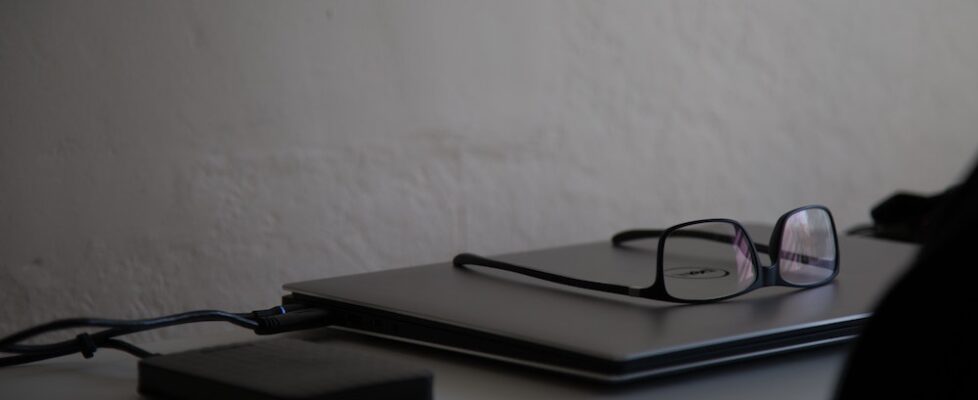Parties in JPMorgan treasury futures spoofing case report progress toward settlement
The parties in a JPMorgan treasury futures spoofing case have made meaningful progress toward settlement. This becomes clear from documents filed with the New York Southern District Court on February 1, 2021, and seen by FX News Group.
Let’s recall that this action has been brought by a class encompassing:
“All persons or entities who transacted in Treasury Futures or options on Treasury Futures traded on a United States exchange during the period January 1, 2009 through the present (the “Class Period”), where such persons or entities were domiciled in the United States or its territories. Excluded from the Class are the Defendants and any parent, subsidiary, affiliate, employee, agent or co- conspirator of any Defendant.”
The defendants are JP Morgan Chase & Co., JP Morgan Clearing Corp., JP Morgan Securities LLC, JP Morgan Securities LLC, and John Does 1-25. The plaintiffs accuse the defendants of unlawful and intentional manipulation of U.S. Treasury futures contracts and options on those contracts that trade on United States-based exchanges.
Throughout the Class Period, JPMorgan is alleged to have routinely engaged in spoofing at the expense of the plaintiff and the class, successfully manipulating the Treasury Futures trading market to benefit their own trading positions.
In particular, the defendants are accused of having perpetrated a sophisticated manipulative scheme in which they injected materially false and illegitimate signals of supply and demand into the Treasury Futures market in order to:
- (a) induce other market participants to trade against Defendants’ genuine orders (i.e., orders that Defendants did want to execute) on the opposite side of the market from the spoof orders at prices, quantities, and times at which Plaintiff and other market participants otherwise would not have traded, and
- (b) financially benefit the defendants.
The complaint stated that the defendants routinely placed electronic orders to buy and sell Treasury Futures with the intent to cancel those orders before execution to make profits and avoid losses.
The defendants’ spoofing allegedly had effects in markets above and beyond those for Treasury Futures and options on those futures, as both algorithmic traders and others consider prices for Treasury Futures in assessing other investment products.
On February 1, 2021, the parties reported on their progress toward settlement. They said that, on November 24, 2020, they signed a mediation confidentiality agreement, and on December 7, 2020, JPMorgan provided the plaintiffs with substantial amounts of transactional data. Both sides are working with experts; JPMorgan disclosed its initial data analysis on January 11, 2021, and the plaintiffs will respond by the end of this week.
The parties will then exchange mediation statements, and will participate in a virtual mediation through JAMS on February 16, 2021.
Speaking of a possible settlement in this case, let’s note that, on October 26, 2020, Endeavor Trading, LLC and Breakwater Trading LLC abandoned their claims against JPMorgan in this case. The rest of the plaintiffs. include Budo Trading LLC, John Grace, Thomas Gramatis, Charles Herbert Proctor, III, and Robert Charles Class A, L.P.






